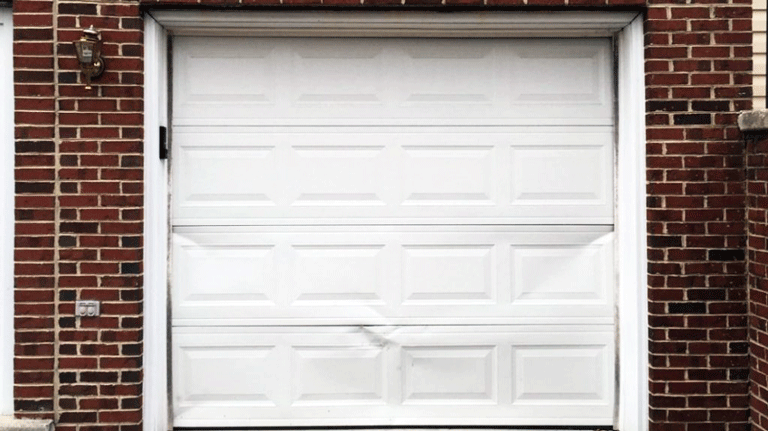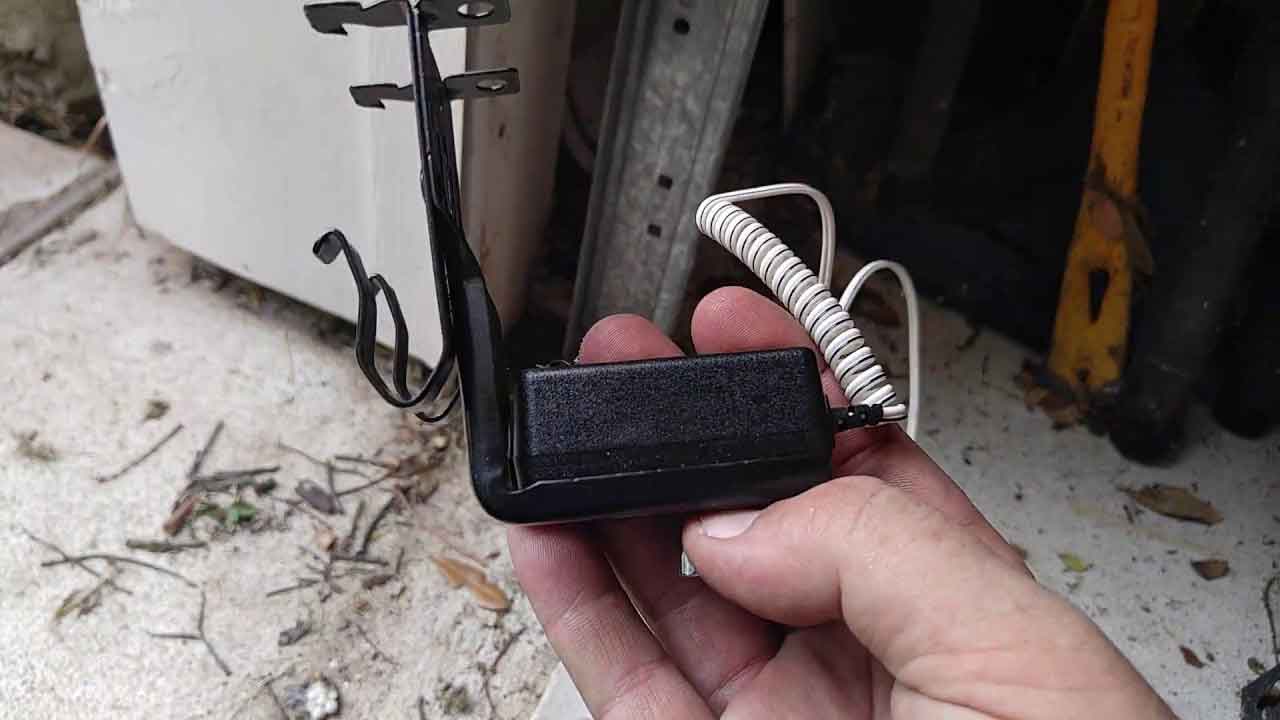What You Should Know About Garage Door Motors
Whether or not you have a garage, you probably don’t know much about garage door motors, the different types, and how they work. If you do have a garage, however, you know how much your garage door does to protect your belongings and prevent costly damage caused by elemental factors. This is why understanding the functionality of your garage door motor is incredibly important for the longevity and functionality of your garage door.
When homeowners decide that it’s time to upgrade their garage door, the process can be costly and inconvenient. Oftentimes, a simple garage door motor replacement is all they need to fix their garage door issues. Though a new garage door motor can be a significant investment, an entirely brand-new door is even more so, and a new motor can increase the length of a garage door’s life by many years while revolutionizing its functionality.
What are the different types of garage door motors?
There are two primary types of garage door motors: alternating current motors and direct current motors.
Alternating current motors are the most common type of garage door motor. These motors function at a consistent speed throughout the opening and closing process.
Direct current motors are less commonly used but still a sturdy and reliable option. These motors operate at varying speeds depending on the phase of the opening or closing process.
How Do I Choose the Right Motor for My Garage Door?
When it comes to choosing a motor that is well-suited for your specific garage door, you may have to do some research as to what force level your garage door requires. Both alternating current and direct current motors operate at varying levels of force; the force alternating current motors is measured in horsepower, while the force of direct current motors is measured in newtons.
Alternating current motors typically come in a range of ½ horsepower to 1 ½ horsepower, and a ½ horsepower motor should work perfectly well for a single or even double-car residential garage door. If you have longevity in mind, however, you may want to opt for a 1 ½ horsepower garage door motor as it causes reduced wear and tear on the door over time and performs its duties with minimal effort.
Direct current motors use electric energy to facilitate motion. Therefore, they use less energy than alternating current motors, shift gears more seamlessly, and exert less force on the door’s parts. Typically, direct current motors lead to a longer life for your garage door.

